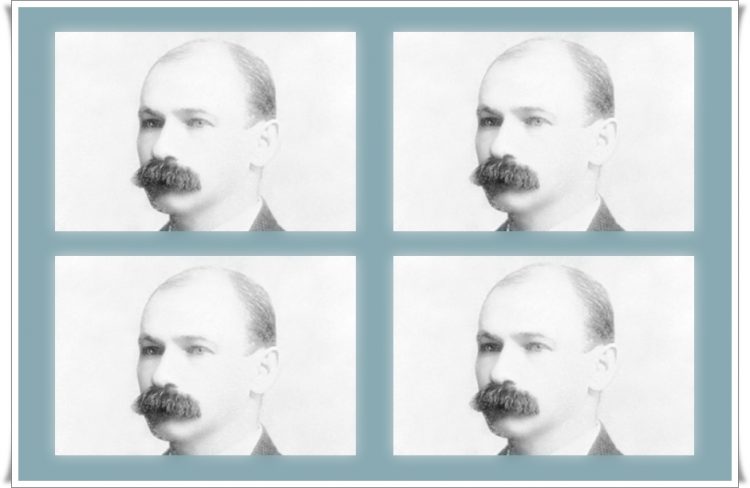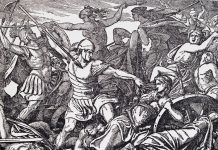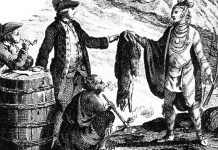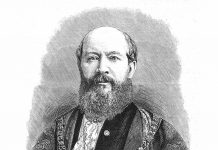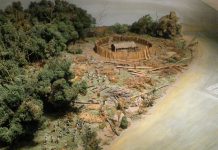Lamont Daniel Scott was a businessman, government official, and secretary of war from March 5, 1893, through March 5, 1897. He was born in Cortland County, New York, Daniel Scott Lamont was a pioneer photographer. His early career was spent as an engrossing clerk in Albany, New York (a person who prepares official documents for publication).
At one time, he also worked as a journal clerk for the State of New York. Lamont had become involved in Democratic politics by 1872, when he worked for the state committee of the Democratic Party. The New York State Department of State employed him as its chief clerk from 1875 to 1882.
As part of Grover Cleveland’s staff, he began serving in 1883. While Cleveland was president in March 1885, he was serving as his personal secretary. After Cleveland’s term expired, Lamont worked for Democratic financier William C. Whitney. In 1892, after Cleveland was re-elected president, he remained secretary of war for Cleveland’s entire second term. Known for being an activist, Lamont pushed for numerous reforms and sought the modernization of the U.S. military.
Lamont Daniel Scott recommended splitting regiments into three battalions. A similar request was made for Congress to appropriate funds to expand the US military. Lamont argued that the United States’ ability to field a fighting force quickly would be better during wartime. The plan was never implemented despite Congress objecting to the expense, even though it would have added only 5,000 men to the army.
If Lamont’s prescriptions had been filled when war broke out with Spain in 1898, it is likely that the United States would have been in a better position. The former Secretary of the Army also created a centralized record system for U.S. Army documents. He also impressed upon Congress the need to demarcate and preserve U.S. battlefields, particularly those from the American Civil War. Lamont had a rocky relationship with Major General Nelson A. Miles, who became commanding General of the Army in September 1895.
Miles, an egomaniacal, vain, and combative individual, constantly sought to upstage everyone else, including Lamont. When Cleveland left the White House in 1897, Lamont returned to the business world. His successor as secretary of war was Russell A. Alger. Lamont served as vice president of the Northern Pacific Railway Company from 1898-to 1904 before retiring to Millbrook, New York, where Lamont Daniel Scott died on July 23, 1905.
Read More: Rum Trade – The Trade Between Caribbean Colonies, North America and Great Britain
